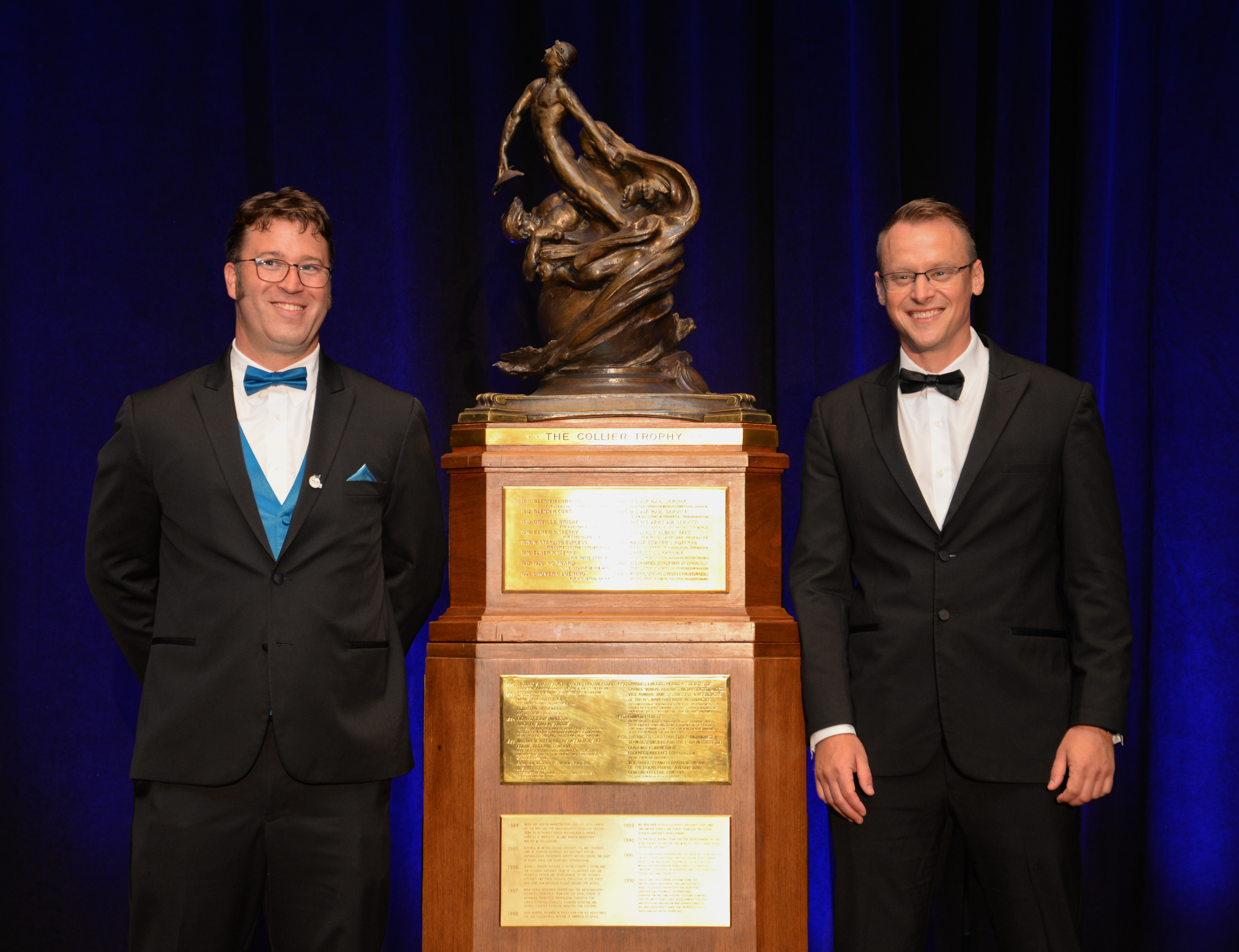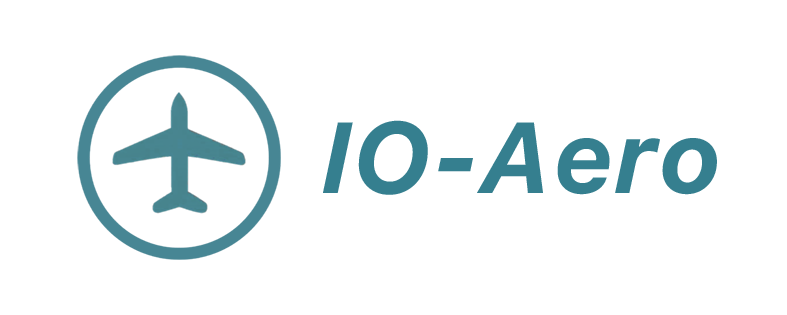
Liberating Aircraft Autonomy
In the summer of 2019, the National Aeronautic Association (NAA) awarded the Collier Trophy (the most prestigious award in aeronautics), somewhat surprisingly, to a software system. The winner, the Automatic Ground Collision Avoidance System (or Auto GCAS), had already saved 10 US Air Force (USAF) pilots by autonomously redirecting their F-16 airplanes away from quickly approaching terrain that would been their demise. The press release for that year’s Collier Trophy stated that Auto GCAS “marked aviation’s entry into the age of autonomy.” However the truth is that, aside from military aircraft, a clear path towards developing and certifying increasingly autonomous systems does not exist. So, if there is any hope of saving more than 300 US small airplane pilots that lose their life every year, or developing systems which allow unmanned vehicles to fly in the national airspace, or allowing personal utilization of autonomous air travel, a fundamental shift in the way we develop and certify autonomous systems will be required. In order to accomplish this transformation we must increase collaboration between designers, regulators, and airplane enthusiasts by removing proprietary restrictions on designs, code, and verification processes. This is a fundamental goal of IO Aeronautical Autonomy Labs (IO-Aero) that we are striving to facilitate.
 Loyd Hook and Duane Moore at the Collier Trophy Presentation
Loyd Hook and Duane Moore at the Collier Trophy Presentation
